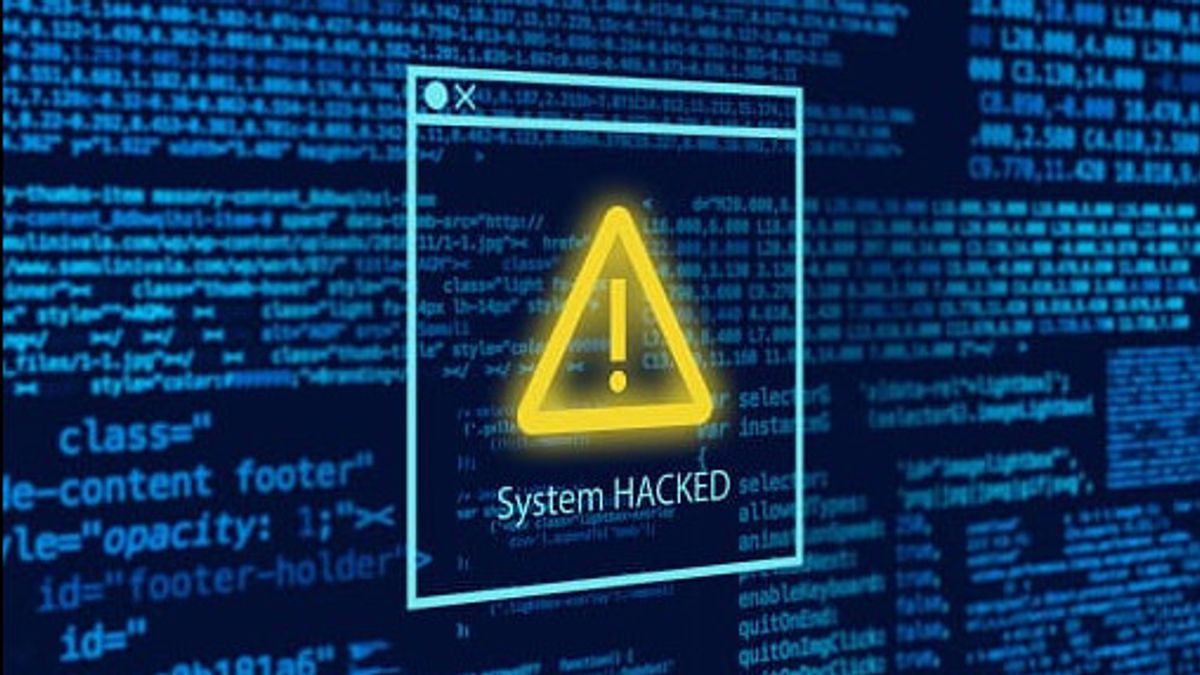JAKARTA - The cyber threat landscape in the manufacturing industry is evolving rapidly, and supply chain attacks are on the rise. This cyber threat is of course a concern for business people, because it does not only impact the organization, but also its partners and customers.
"Supply chain security risks are rapidly evolving into an inevitable problem, ranging from issues of counterfeiting and tampering with machines to data theft and intrusion of malicious software and hardware," said Alex Nehmy, Field Chief Security Officer - Critical Industries, Japan and Asia Pacific in a statement received in Jakarta.
Palo Alto's latest Unit 42 Network Threat Trends Report found that, between 2021 and 2022, there was a 238 percent increase in the average number of attacks experienced by customers in the manufacturing, utilities, and energy sectors. Also, there was a 27.5 percent increase in the ratio of malware attacks targeting this industry globally.
"These risks pose significant challenges to business people, resulting in financial losses, reputational damage, legal sanctions, and even disrupting operational continuity," added Alex.
SEE ALSO:
Therefore, effective supply chain risk management is essential to mitigate these cybersecurity risks. One of the key principles in supply chain cyber risk management is to develop defenses based on the assumption that systems will be compromised.
By adopting proactive best practices and measures, Palo Alto believes that organizations can strengthen their supply chain cybersecurity and reduce the risk of cyberattacks and data breaches.
"Organizations need to have comprehensive solutions for visualizing supply chain components and structures, as well as securing applications, infrastructure components, and development flows," he concluded.
The English, Chinese, Japanese, Arabic, and French versions are automatically generated by the AI. So there may still be inaccuracies in translating, please always see Indonesian as our main language. (system supported by DigitalSiber.id)

















